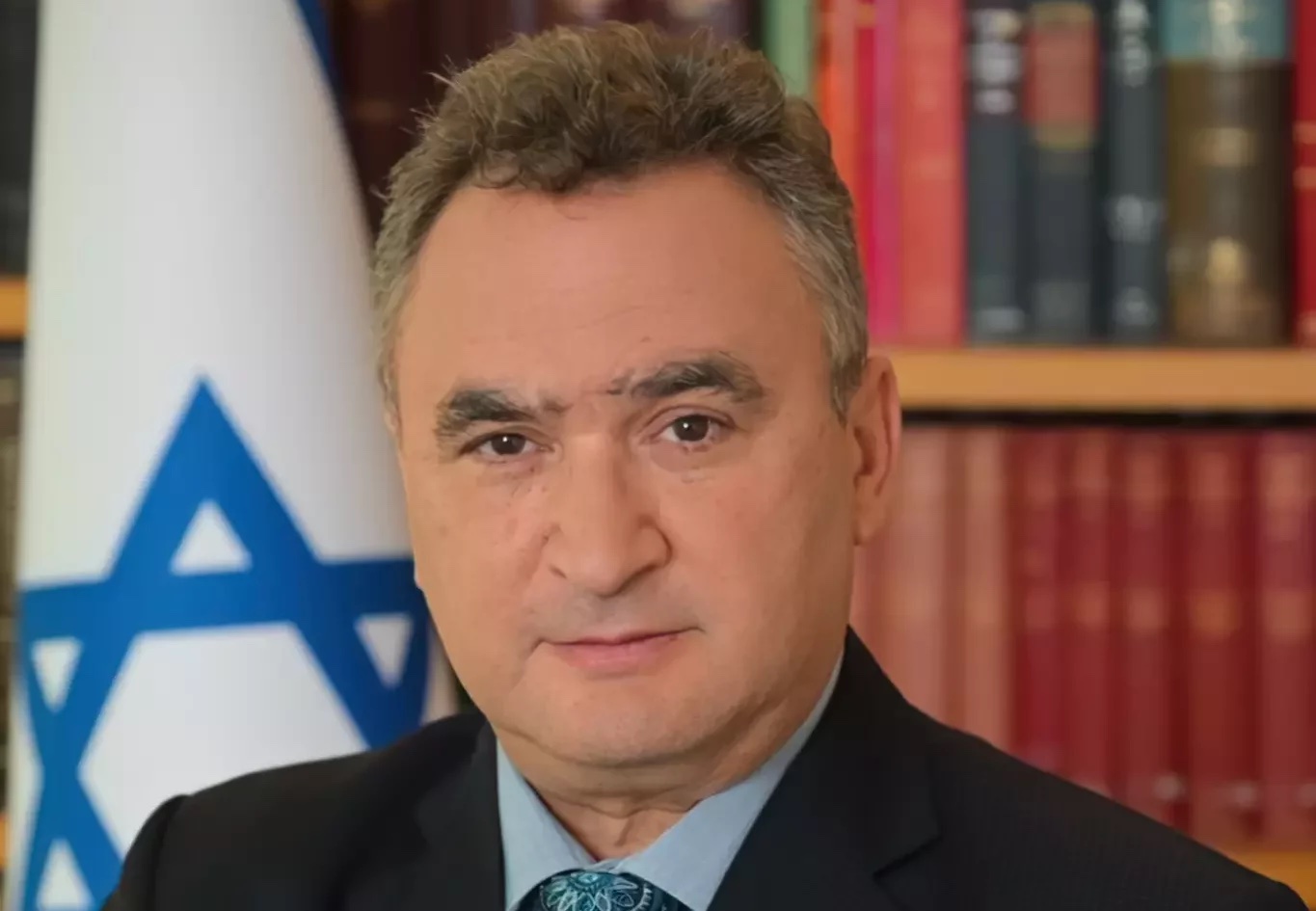Doha agreed to host Hamas’ main office in 2012 at the request of the United States to maintain communication channels with the group.
Israel has opted to temporarily set aside its differences with Qatar over the course of the negotiations with Hamas, but it will “settle accounts” with the Gulf country after the brutal war in Gaza ends, an Israeli foreign ministry official said on Wednesday.
In an interview on Israeli Army Radio, deputy director general for strategic affairs at Israel’s Foreign Ministry, Joshua Zarka, questioned Qatar’s “role in everything related to hosting and legitimising Hamas’s activities” and said Israel would need to reassess the relationship once the war is over.
“Right now we need them. But when this thing passes from the world, we will settle accounts with them,” Zarka said.
Doha has played a pivotal role in mediating with Hamas and Israel, facilitating a four-day humanitarian truce that came into effect on Friday, November 24 at 7:00 a.m. Gaza local time and has been extended two more days until Thursday morning.
Qatar does not have official ties with Israel and has repeatedly reaffirmed its stance against normalising diplomatic relations with the occupation, unlike other Gulf Arab countries such as the United Arab Emirates and Bahrain.
Doha has also been hosting Hamas’ political office since 2012, following a request from Washington to establish channels of communication.
Qatar insists the Doha-based Hamas office serves as an establishment dedicated to peace efforts.
Qatar’s Prime Minister Sheikh Mohammed bin Abdulrahman Al Thani defended the Hamas office on October 14, and said it is a way “of communicating and bringing peace and calm to the region.”
Last Friday, French journalist Georges Malbrunot reported that Israeli Prime Minister Benjamin Netanyahu had allegedly communicated to Doha that Mossad, Israel’s intelligence agency, would not carry out assassinations within the Gulf country’s borders.
Malbrunot said sources told him that Qatar set this condition before stepping into its role as a mediator for the ceasefire talks between the Israeli regime and the resistance group.
Netanyahu had previously given orders for the Mossad to assassinate senior Hamas officials, a confidential source privy to the matter detailed to Malbrunot.
During the press conference last Wednesday with Defense Minister Yoav Gallant, Netanyahu explicitly stated that he had instructed the Mossad to take action against Hamas leaders.
Netanyahu said, “there is no commitment in the agreement to not act in a truce against the leaders of Hamas, whoever they are.”
In response to questions during the press conference about a possible clause in the ceasefire agreement granting immunity to Hamas leaders, Netanyahu insisted that “such a clause does not exist.”
Gallant further claimed that Hamas officials were “living on borrowed time, all over the globe; they are all dead men.”
Meanwhile, Israeli occupation forces vandalised and attacked Qatar’s main diplomatic presence in Gaza on November 13, drawing condemnation from Doha and the wider region for Israel’s ongoing war crimes.
Israeli forces damaged and vandalised the Qatari Reconstruction Committee building, spray-painting the Star of David on the building, as depicted in images shared on social media. Qatar’s foreign ministry condemned the bombing “in the strongest terms” and described it at the time as “a blatant violation of international law and an extension of the occupation’s approach to targeting civilians and civilian objects” in a statement.







